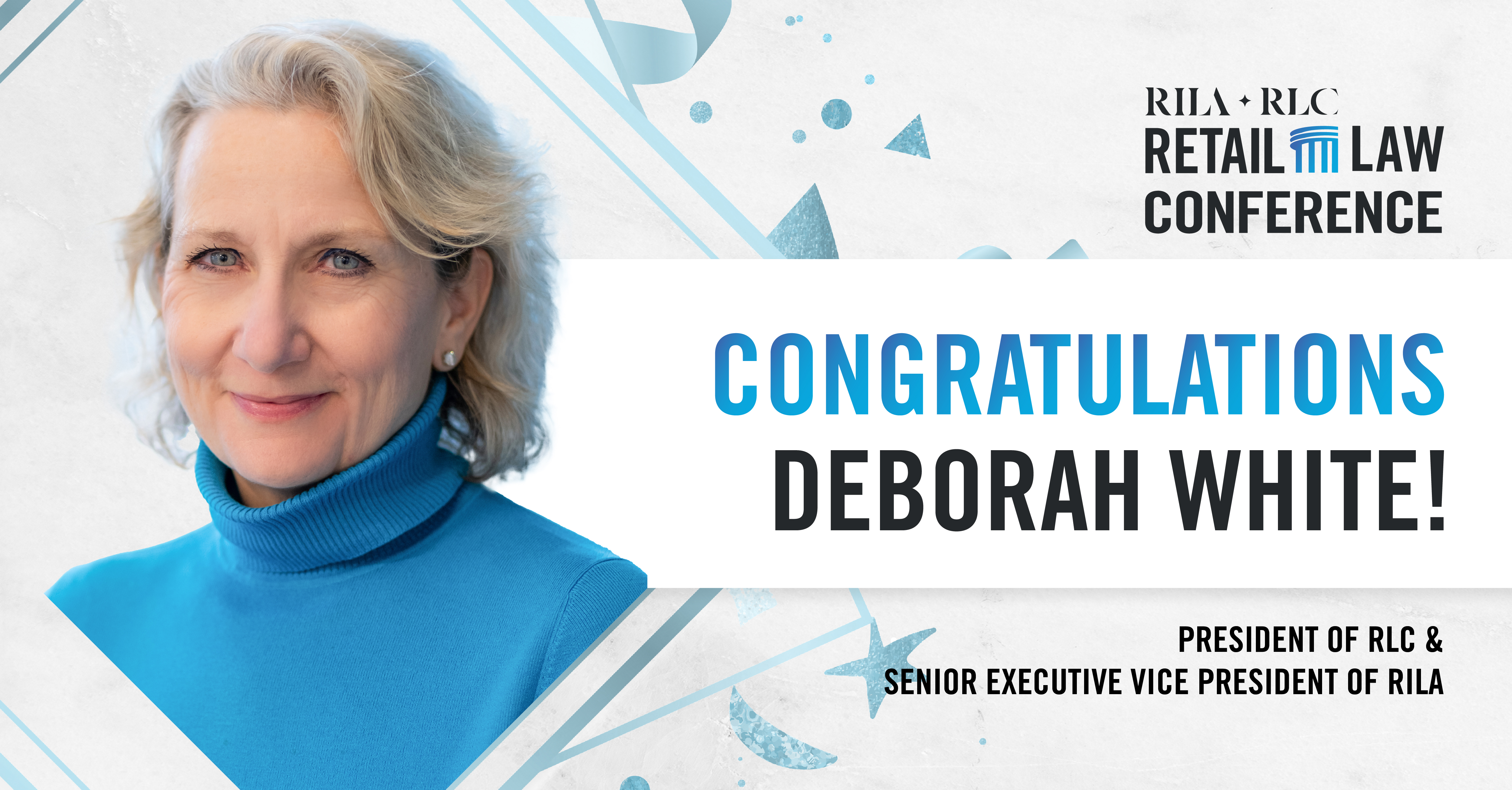Landlord Collaboration
- By [ Erin Hiatt ]
Workstream Background
For many of retail companies who lease their store space, the leasing arrangement creates split incentives which impede energy projects that would otherwise be logical investments. This is most true for smaller format retailers who are tenants of enclosed shopping malls.
These split incentives reflect areas of the lease where (1) one party owns and/or operates an energy-consuming system but the other pays for the energy consumed and (2) the tenant does not have transparency into its actual energy consumption.
Through the Landlord-Tenant Energy Partnership, RILA is working with Innovating Commerce Serving Communities (ICSC), the Institute for Market Transformation (IMT), and Connex to reduce leasing barriers for energy projects and achieve energy and cost savings.
Learn more at www.landlordtenantenergypartnership.org.
Program Resources
RILA and its program partners are working to Develop Implementation Models, Educate the Industry, and Spur Adoption of Implementation Models by providing the following resources.
Landlord-Tenant Partnerships
Implementation Model Case Studies
- H&M partnered with their landlords, utilities and solution providers to overcome the challenge that utility incentives to improve store efficiency are often prohibitively difficult for retailers to apply for when the shopping center landlord owns the utility account. H&M was able to take advantage of utility rebates for approximately 40% of its identified retrofit projects and save approximately $2,500 per store annually, with the remainder ripe for landlord and utility rebate process improvements.
- Regency Centers partnered with Trader Joe's to install a 253 KW solar photovoltaic system that offsets more than 65% of the store's energy use, at no installation or maintenance cost to Trader Joe's.
- Whole Foods Market drew on lessons learned from past ad hoc rooftop solar installations to develop a roll-out plan for around 100 new systems covering 25% of stores and warehouses. Developing standardized lease language with landlords was a key enabler.
- (DOE) Pyramid Companies implemented green leasing to promote energy efficiency in tenant retail spaces in its Destiny USA mall.
- (DOE/IMT) Ulta Beauty is leading the way for sustainable tenant-led leasing with its robust energy management program and leasing approach. Ulta Beauty’s legal and construction teams are instrumental in collaborating with landlords on efficient build-out standards.
Network Building Opportunities
- Landlord-Tenant LinkedIn Page – Contact Audi Banny at audi.banny@imt.org to gain access.
- Retail Landlord-Tenant Contact List - In partnership with ICSC and the Landlord Tenant Energy Partnership (LTEP), RILA maintains a contact list so that sustainability leads on either side of the leasing relationship (landlords or tenants) know who their best counterpart point of contact is at the other. Contact Erin Hiatt at erin.hiatt@rila.org to provide your information to gain access.
Leasing Strategies
Sample Leasing Documents
- Sample Premises Questionnaire - View examples of how to align the base Premises Questionnaire with corporate sustainability strategy, goals, and policies to accompany or proceed the Letter of Intent.
- Sample Letter of Intent - View examples of how to align the base Letter of Intent (LOI) with corporate sustainability strategy, goals, and policies.
- Sample Work Letter - View examples of how to align the base Work Letter with corporate sustainability strategy, goals, and policies.
Sample Lease Language
- (IMT) Green Lease Guidance & Sample Language for Retailers - Outlines (1) green leasing first steps as well as (2) sample green lease langauge that retailers or landlords might incorporate into their leases to facilitate sustainability and operational efficiency improvements.
- Sample Clauses Green Lease Language Examples complement the guide content listed above
- (DOE) Retail Rooftop Unit (RTU) Lease Language - Example lease clauses to address RTU usage, operations, repairs, maintenance, retrofits, and capital replacement.
- RMI shared their net zero lease, Colorado’s first NZE lease and the first NZE lease in the country for a project of this size, setting a new precedent for other landlords and tenants to follow.
Resource Guides/Toolkit
- Landlord-Tenant Energy Partnership Efficiency Toolkit The toolkit is designed to meet users where they are and allow them to prioritize savings opportunities for maximum return. Whether you're juggling investor pressures, ambitious greenhouse gas emissions reduction goals, a downsized budget, or a desire to make a public sustainability splash, this toolkit, accompanied by one-on-one guidance from IMT experts can help get you to your goals.
- Industry Insights: What retailers Need to Unleash Energy Efficiency and Sustainability success - In 2018, the Institute for Market Transformation (IMT), the Retail Industry Leaders Association (RILA), and Connex (formerly the Professional Retail Store Maintenance Association) facilitated a first-of-its-kind collaboration between commercial retail shopping centers and tenant spaces. Thirty-four retail landlords and tenants from across North America came together to share their day-to-day challenges and explore common solutions. Here is what they told us.
- Resource developed post workshops (above link) Summery findings and recommendations. Overcoming the Six Biggest Hurdles of Better Energy and Sustainability Performance in Retail Spaces - More efficient, sustainable, and healthy retail spaces are possible through improved landlord-tenant collaboration and smarter leasing practices.
Recognition
- (IMT) Green Lease Leaders - Recognizes companies or brokerage teams that successfully implement "green" lease language into new or existing leases by awarding the designation "Green Lease Leader"
The information and content provided herein entitled, LANDLORD COLLABORATION (collectively, the “Materials”) are being distributed for general informational and educational purposes only. RILA, by means of its distribution of the Materials and hosting this webpage, is not rendering legal or professional advice or services nor does RILA endorse the use of the Materials. The Materials are not intended to be an exhaustive explanation of this topic and RILA makes no representation or warranty as to the completeness or accuracy of the Materials. Before making any decision or taking any action based upon the Materials that may affect your business, you should consult a qualified professional or legal advisor. RILA shall not be responsible to any party who claims a loss or damages from its use or reliance on these Materials.
You are permitted to reproduce the materials, in whole or in part, without change, for noncommercial or internal purposes only.
© Copyright 2021 Retail Industry Leaders Association. All rights reserved.



